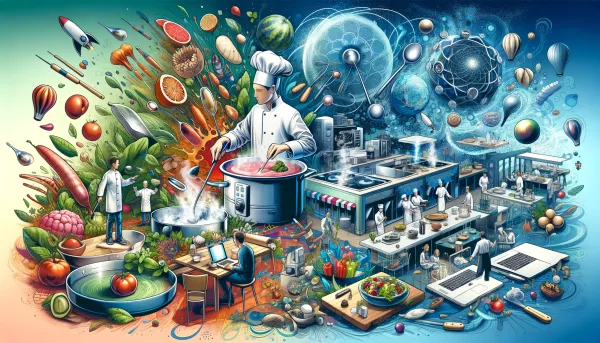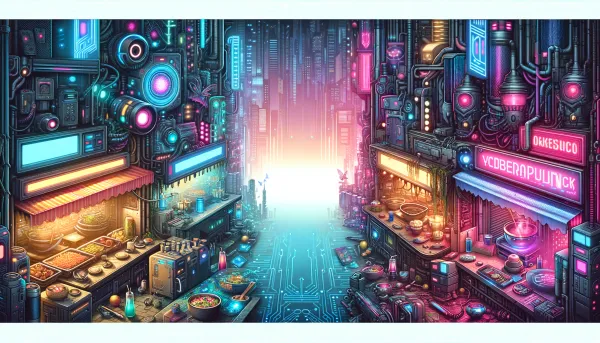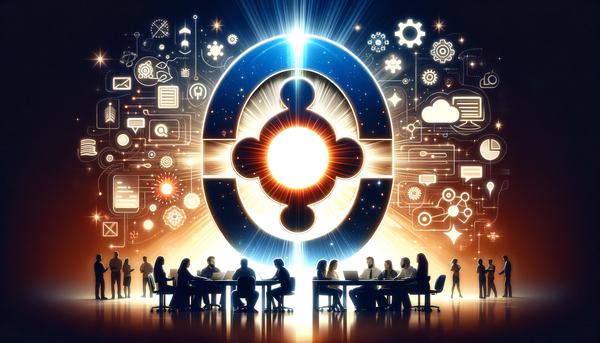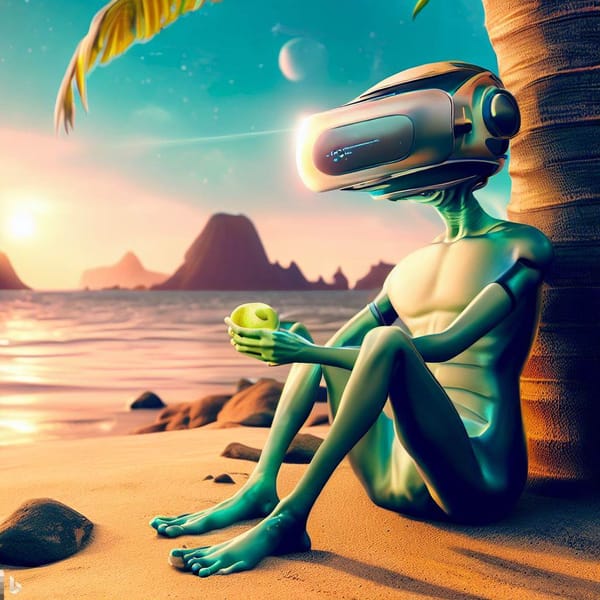It’s not me, movie theaters, it’s you
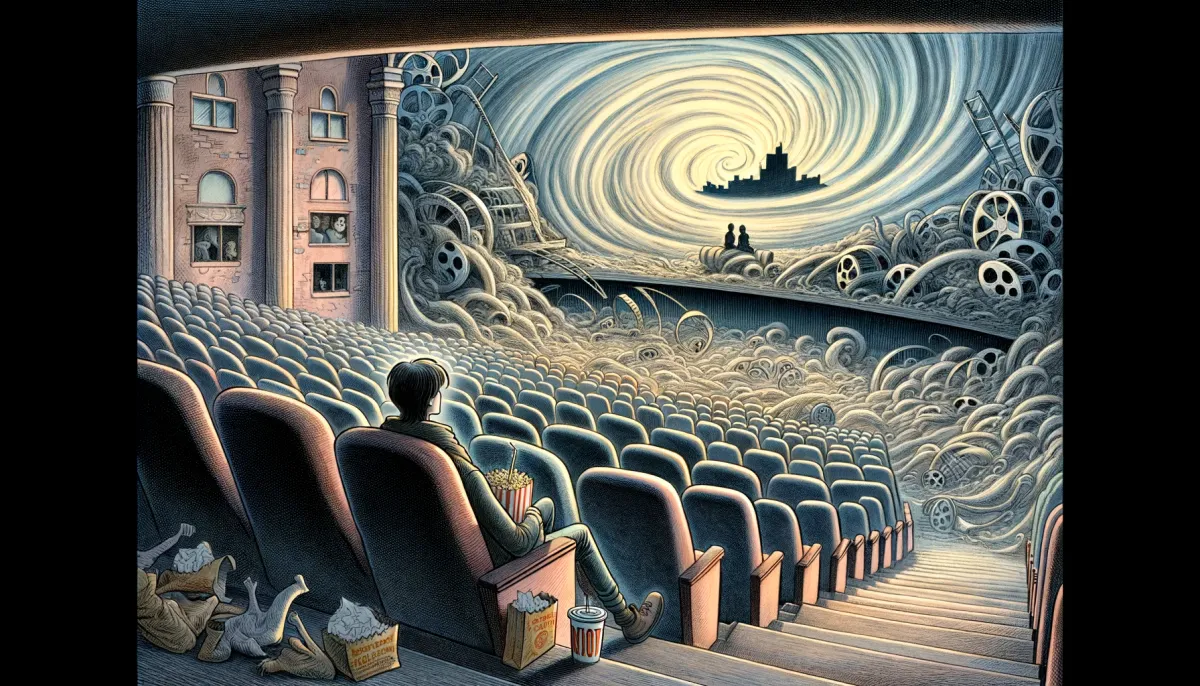
Since I was young, movies have been more than just a hobby for me, they've been a deep passion. Going to the cinema was always an experience I cherished – the anticipation, the immersive setting of a dark room, and the surround sound system made it feel like a unique journey I took with strangers, collectively experiencing every emotion of the story unfolding on screen.
However, my perspective on movies has significantly evolved in the past decade. This isn't because my love for films has decreased but because of my changing preferences, lifestyle, and broader shifts in the cinematic landscape.
My journey through the changing world of cinema began in earnest with observations I shared back in 2010. These writings, reflections of my evolving dispositions toward movie theaters, captured early signs of the societal shift away from traditional cinema experiences. Initially perceived as the musings of a cranky critic, these views have, over time, gained resonance as more have come to share my sentiments.
Skyrocketing Costs: A Barrier to the Big Screen
Going to the movies has become so expensive that many people cannot afford it. In 2015, I wrote an article on ZDNET highlighting the expensive nature of watching a film at the cinema compared to other entertainment options.
Over the past 30 years, the movie industry has faced attendance fluctuations and significant ticket price increases. In 1995, the average ticket cost was $4.35, but in 2024, it has risen to $10.78. Despite increases, attendance numbers have remained strong, with a high of 1.57 billion admissions in 2002. However, this trend was reversed in 2020 due to the pandemic, resulting in unprecedented lows and demonstrating the industry's vulnerability to external shocks.
Attendance in movie theaters is forecasted to decline from approximately 830 million in 2023 to 589 million in 2024. This decline is also reflected in revenue, with the industry expected to experience a drop from roughly $8.9 billion in 2023 to $6.3 billion in 2024, with a net drop of approximately $2.6 billion in revenue year-over-year.
Today, going to the movies can cost over $15 per person and even more for premium formats such as IMAX or 3D. When you add the cost of snacks and drinks, which can be as expensive as another ticket, the total price can easily exceed $50 for just one outing. This makes movie theaters more of a luxury than a practical entertainment option, especially when a monthly streaming service subscription (although their costs are climbing as well) costs less than a single movie ticket and offers a broader range of content.
The Sonic Boom Dilemma: Seeking Clarity Among the Chaos
Lately, I've noticed that the soundtracks of the movies I watch are getting louder and more intense. Unfortunately, this has made it harder for me to hear and understand the dialogue. Over the summer, my wife and I saw Oppenheimer, and while the sound effects and music were impressive, I found it difficult to follow the story. Since I have read books and seen other movies about the Manhattan Project, I had to explain much of it to my wife, who had issues with the dialogue and didn't recognize most of the characters, which only had brief introductions and exposition.
Interestingly, last summer, while viewing a far less serious film – Barbie – I found its sound mix more balanced and easier to follow without losing the soundtrack's quality – and as a result, it was a far more enjoyable movie to watch. Although it is possible to have a balanced sound mix, most movies nowadays are not tuned for it.
At home, I've had to rely on closed captioning and rewinding scenes to catch missed dialogue more and more lately. I can't help but wonder if the movie industry needs to find a better balance between auditory spectacle and narrative comprehension, and it's got me thinking about the skewed priorities of sound mixing practices in cinema.
The Length and Comfort Factor: Testing the Limits of Endurance
As an avid movie-goer, I've noticed a recent trend in modern movies that's been bothering me. It seems like the latest blockbuster hits demand not only our attention but also our physical endurance. For instance, the prospect of watching Dune Part II, with its reported 30 minutes of previews and a two-hour and forty-five-minute runtime, made me think twice about viewing it in theaters. Don't get me wrong, I want to see it, but sitting through hours of a movie in uncomfortable seating (along with the inevitable need for multiple bio breaks) doesn't sound appealing. Moreover, since I saw the first part at home during the pandemic, I'd prefer to continue that trend.
To compound the issue, it appears that the maintenance standards of movie theaters are declining, resulting in an even more unpleasant cinematic experience. Outdated or uncomfortable seating can significantly detract from the immersive experience that the cinema aims to provide. I can recall a particular instance where I watched a movie, and the seats were so uncomfortable that it felt like I was sitting on rocks. This was so distracting that I couldn't focus on the film. Admittedly, a few "premium" theaters near me offer cushy recliners, but the tickets for these theaters are considerably more expensive.
As a movie enthusiast, I believe theaters should prioritize comfort and maintenance alongside technological advancements. After all, the enjoyment of a film encompasses the entire viewing experience, from the comfort of the seating and the quality of the sound to the cleanliness of the environment. Each aspect is crucial to the overall satisfaction with a movie outing, and I hope theaters will take this more seriously.
The Concession Conundrum and Audience Etiquette: A Double-Edged Sword
I vividly remember a recent time when I went to watch a movie at a theater near my house. As soon as the film started, a group of teenagers in front of me started talking loudly and playing with their phones. Their behavior was so disruptive that I couldn't concentrate on watching the movie. To make matters worse, when I went to buy some snacks during the interval, I was taken aback by the exorbitant prices – it now costs a small fortune to get a small bucket of popcorn and a soft drink.
That experience left a lasting impression on me and made me realize how the high cost of concessions and poor audience manners can ruin the cinema experience for everyone. It's a shame that such behavior is becoming more common, especially in the current times when we all need some form of entertainment to escape the stresses of life. I believe theaters need to do more to promote a respectful and communal environment that encourages people to appreciate the art of film and the joy of watching it together.
An Obsession with Nostalgia is Wearing Me Out
The entertainment industry's current fixation on nostalgia, as seen in franchises like Star Trek, Star Wars, and Marvel, illustrates a creative stagnation driven by an overreliance on familiar themes and characters. While evoking fond memories, this trend often fails to offer fresh and innovative content, leaning heavily on the allure of the past to draw in audiences.
For example, the return of "Picard" for its third season last year, featuring the original cast from Star Trek: The Next Generation, exemplifies this reliance, juxtaposing nostalgia against the demands of modern storytelling and audience expectations. This overuse of nostalgia wears down viewers and hampers the exploration of new ideas and narratives in favor of revisiting and rehashing known quantities. As a long-standing fan of these franchises, I yearn for the industry to break free from its nostalgic loop and invest in the untapped potential of original content, leaving the classics untouched and revered for what they are.
Looking Ahead
It’s evident how much my relationship with movie theaters has changed. This transformation isn't about falling out of love with film; it’s more about recognizing the shift in my own preferences, lifestyle, and how the wider cinematic world has evolved. Over the last 15 years, my thoughts on this have become a shared discourse, mirroring a collective reassessment of our movie-going habits.
The increase in ticket prices, the loud soundtracks that drown out dialogue, the excessively long run times of modern epic movies, and the decreasing quality of the theater experience have all contributed to my change of opinion towards going to the movies. Additionally, the movie industry's tendency to rely on nostalgic content instead of producing something fresh and original has led many, including myself, to yearn for a different kind of movie experience that provides more value to us as moviegoers.
